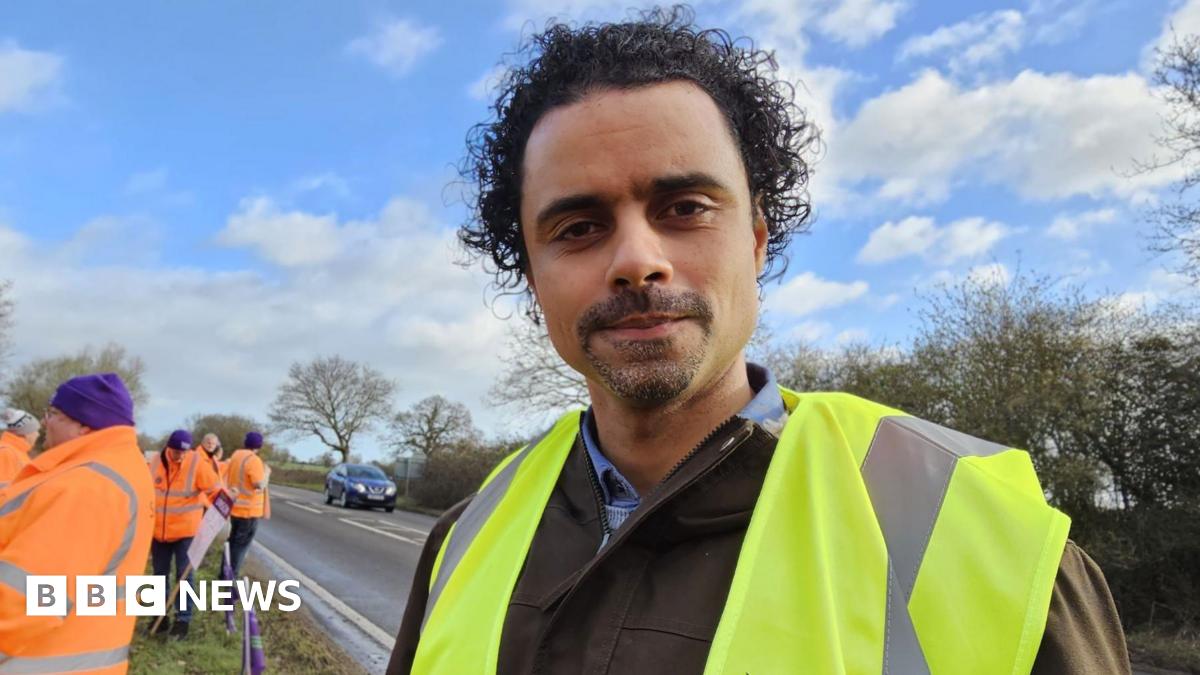Cancer is Evolving, But So Are Our Treatments: A Look at the Latest Breakthroughs and Challenges

The fight against cancer is far from over, but a recent panel discussion at the 2025 Impact Dinner offered a compelling glimpse into the remarkable progress being made. Featuring CNN anchor Sara Sidner, a breast cancer patient, alongside leading experts Dr. Vinod Balachandran and Novartis U.S. president Victor Bulto, the panel explored the complexities of an “evolving” disease and the innovative approaches being developed to combat it.
Understanding the 'Evolving' Nature of Cancer
The concept of cancer as an “evolving” disease underscores a crucial point: it's not a single entity but a collection of hundreds of different diseases, each with its unique characteristics and behaviors. These diseases constantly adapt and mutate, often developing resistance to treatments. This evolutionary aspect is what makes finding a universal cure so challenging.
“We’re not dealing with one cancer; we’re dealing with hundreds of different cancers, and they’re all evolving,” explained Dr. Balachandran. “It’s a moving target, and we have to be constantly developing new strategies to stay ahead.”
Progress and Promising Treatments
Despite the challenges, significant advancements have been made in recent years. The panel highlighted the transformative potential of several key areas:
- Immunotherapy: Harnessing the power of the body’s own immune system to fight cancer has revolutionized treatment for some patients. This approach has shown remarkable success in certain types of cancer, leading to long-term remissions.
- Targeted Therapies: These drugs specifically target the molecular abnormalities that drive cancer growth, minimizing harm to healthy cells. Personalized medicine, tailoring treatments based on an individual's genetic profile, is becoming increasingly important in this area.
- Precision Medicine: Advances in genomics and diagnostics are allowing doctors to identify specific genetic mutations within a tumor, leading to more targeted and effective therapies.
- Early Detection: Improved screening methods, including liquid biopsies (blood tests that can detect cancer cells or DNA), are enabling earlier detection, when treatment is often more successful.
Sara Sidner's personal experience as a breast cancer patient provided a powerful perspective on the impact of these advancements. She spoke about the importance of hope and the dedication of healthcare professionals. Her journey highlights the ongoing need for research and improved access to care.
Challenges and the Road Ahead
While progress is undeniable, challenges remain. The cost of new therapies can be prohibitive, limiting access for many patients. Furthermore, resistance to treatments continues to be a major obstacle. The panel emphasized the need for increased investment in research, particularly in areas like:
- Understanding Cancer Heterogeneity: Recognizing that even within a single tumor, cancer cells can be genetically diverse.
- Developing Combination Therapies: Combining different treatment approaches to overcome resistance and improve outcomes.
- Addressing Disparities in Care: Ensuring that all patients, regardless of their socioeconomic status or geographic location, have access to the best possible care.
A Message of Hope
Despite the complexities and challenges, the panel conveyed a message of cautious optimism. While a single “cure” for cancer may remain elusive, the ongoing advancements in treatment and early detection are significantly improving outcomes and extending lives. The fight continues, but the future of cancer treatment looks brighter than ever.





